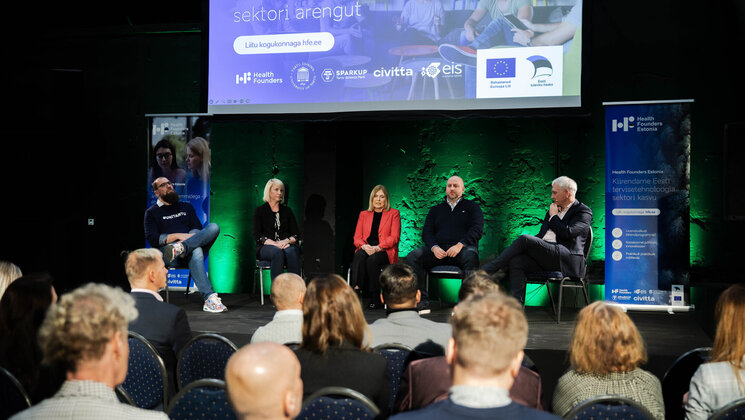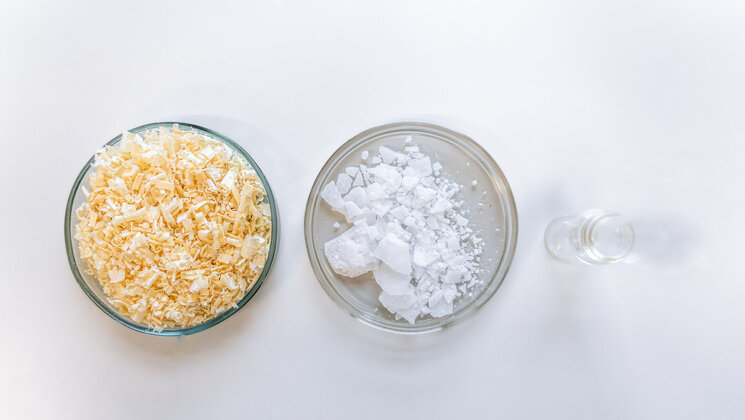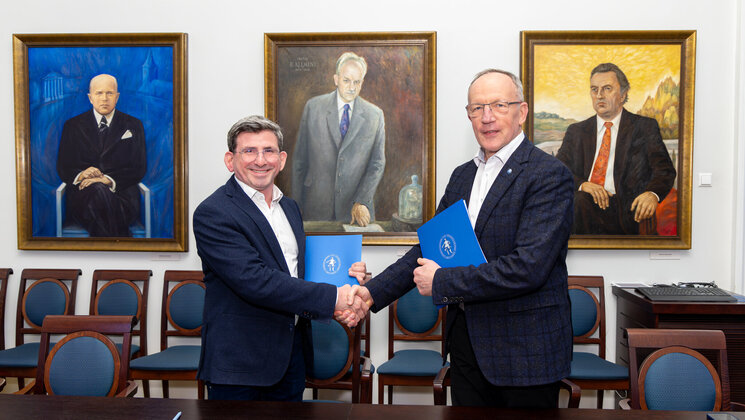-
Faculty of Arts and HumanitiesJakobi 2, r 116-121 51005 Tartu linn, Tartu linn, Tartumaa ESTJakobi 2 51005 Tartu linn, Tartu linn, Tartumaa ESTJakobi 2, IV korrus 51005 Tartu linn, Tartu linn, Tartumaa ESTJakobi 2, III korrus, ruumid 302-337 51005 Tartu linn, Tartu linn, Tartumaa ESTÜlikooli 16 51003 Tartu linn, Tartu linn, Tartumaa ESTLossi 3 51003 Tartu linn, Tartu linn, Tartumaa ESTÜlikooli 18 50090 Tartu linn, Tartu linn, Tartumaa ESTPosti 1 71004 Viljandi linn, Viljandimaa ESTJakobi 2 51005 Tartu linn, Tartu linn, Tartumaa ESTJakobi 2 51005 Tartu linn, Tartu linn, Tartumaa ESTFaculty of Social SciencesLossi 36 51003 Tartu linn, Tartu linn, Tartumaa ESTJakobi 5 51005 Tartu linn, Tartu linn, Tartumaa ESTLossi 36, ruum 301 51003 Tartu linn, Tartu linn, Tartumaa ESTNarva mnt 18 51009 Tartu linn, Tartu linn, Tartumaa ESTNäituse 2 50409 Tartu linn, Tartu linn, Tartumaa ESTNäituse 20 - 324 50409 Tartu linn, Tartu linn, Tartumaa ESTLossi 36 51003 Tartu linn, Tartu linn, Tartumaa ESTRaekoja plats 2 20307 Narva linn, Ida-Virumaa ESTRingi 35 80012 Pärnu linn, Pärnu linn, Pärnumaa ESTLossi 36 51003 Tartu linn, Tartu linn, Tartumaa ESTLossi 36 51003 Tartu linn, Tartu linn, Tartumaa ESTFaculty of MedicineRavila 19 50411 Tartu linn, Tartu linn, Tartumaa ESTBiomeedikum, Ravila 19 50411 Tartu linn, Tartu linn, Tartumaa ESTNooruse 1 50411 Tartu linn, Tartu linn, Tartumaa ESTL. Puusepa 1a 50406 Tartu linn, Tartu linn, Tartumaa ESTL. Puusepa 8 50406 Tartu linn, Tartu linn, Tartumaa ESTRavila 19 50411 Tartu linn, Tartu linn, Tartumaa ESTUjula 4 51008 Tartu linn, Tartu linn, Tartumaa ESTRavila 50411 Tartu linn, Tartu linn, Tartumaa ESTRavila 19 50411 Tartu linn, Tartu linn, Tartumaa ESTFaculty of Science and TechnologyVanemuise 46 - 208 51003 Tartu linn, Tartu linn, Tartumaa ESTNarva mnt 18 51009 Tartu linn, Tartu linn, Tartumaa ESTRiia 23b/2 51010 Tartu linn, Tartu linn, Tartumaa ESTRavila 14a 50411 Tartu linn, Tartu linn, Tartumaa ESTNarva mnt 18 51009 Tartu linn, Tartu linn, Tartumaa ESTRiia 23, 23b - 134 51010 Tartu linn, Tartu linn, Tartumaa ESTObservatooriumi 1 61602 Tõravere alevik, Nõo vald, Tartumaa ESTNooruse 1 50411 Tartu linn, Tartu linn, Tartumaa ESTJ. Liivi tn 2 50409 Tartu linn, Tartu linn, Tartumaa ESTVanemuise 46 51003 Tartu linn, Tartu linn, Tartumaa ESTVanemuise 46 51003 Tartu linn, Tartu linn, Tartumaa ESTArea of Academic SecretaryLossi 3 51003 Tartu linn, Tartu linn, Tartumaa ESTUppsala 6, Lossi 36 51003 Tartu linn, Tartu linn, Tartumaa ESTArea of Head of FinanceÜlikooli 17 51005 Tartu linn, Tartu linn, Tartumaa ESTArea of Director of AdministrationÜlikooli 18A (III korrus) 51005 Tartu linn, Tartu linn, Tartumaa ESTÜlikooli 18, ruumid 102, 104, 209, 210 50090 Tartu linn, Tartu linn, Tartumaa ESTArea of Vice Rector for Academic AffairsUppsala 10 51003 Tartu linn, Tartu linn, Tartumaa ESTÜlikooli 18b 51005 Tartu linn, Tartu linn, Tartumaa ESTArea of Vice Rector for ResearchW. Struve 1 50091 Tartu linn, Tartu linn, Tartumaa ESTArea of Vice Rector for DevelopmentNarva mnt 18 51009 Tartu linn, Tartu linn, Tartumaa ESTVanemuise 46 51003 Tartu linn, Tartu linn, Tartumaa ESTLossi 25 51003 Tartu linn, Tartu linn, Tartumaa ESTArea of Rector
University of Tartu’s spin-off UP Catalyst secures €4 million in funding to reduce Europe’s reliance on Chinese carbon materials

The company will utilise the funds to scale up their local production of carbon materials and graphite derived from CO2 emissions, offering a sustainable alternative source of raw materials to European battery manufacturers.
UP Catalyst a pioneer in sustainable carbon material production directly from CO2 emissions, successfully closed a €4 million seed investment round to advance its ground-breaking technology.
The funding occurred amidst China’s announcement of graphite export curbs that has added urgency to the quest for local battery raw material alternatives. This is particularly crucial given that Europe currently depends on graphite imports for 99% of its supply. With the funding, the company will build an industrial pilot reactor capable of processing 100 tons of CO2 annually and producing 27 tons of carbon materials, making UP Catalyst the largest provider of green graphite in the world.
The round was led by Berlin-based climate tech VC fund Extantia and supported by Estonia’s state fund SmartCap, along with the continued participation of existing investors Sunly, Little Green Fund, Scottish Baltic Invest and UniTartu Ventures. The investment will be instrumental in UP Catalyst’s quest to scale up its production capabilities. The new reactor will have a production capacity ten times larger than the current setup and marks an important milestone before the construction of a full-scale industrial reactor unit.
Yair Reem, Partner at Extantia, expressed his enthusiasm for the partnership by saying, “UP Catalyst is redefining the conventional approach to graphite production by turning away from environmentally detrimental fossil fuel methods. We perceive China’s export restrictions not as a barrier but as a catalyst for European green innovation. UP Catalyst stands at the forefront, ready to deliver a dependable, price-competitive and sustainable solution to address the growing global demand for battery manufacturing.”
With the global demand for graphite expected to outstrip supply, creating an estimated 700,000-ton annual deficit by 2030, UP Catalyst is positioned to become a transformative force in the European battery landscape. By replacing fossil-based graphite with UP Catalyst green graphite, the battery anodes will become CO2-negative. This shift could contribute to avoiding 118.7 megatons of CO2 emissions annually by the year 2030, marking a substantial environmental impact.
Gary Urb, CEO of UP Catalyst, expressed his excitement about the investment: “We are thrilled to have secured this funding, bringing us one step closer to empowering 4 million car batteries with graphite sourced from CO2 emissions by 2030. This carbon supply can cover approximately 20% of the EV battery market’s yearly carbon need in Europe.”
With the unwavering support of both new and existing investors, UP Catalyst is poised to accelerate its efforts in advancing its technology scale-up, leading toward a more sustainable and locally sourced future for carbon materials and graphite in Europe.
Read more similar news





